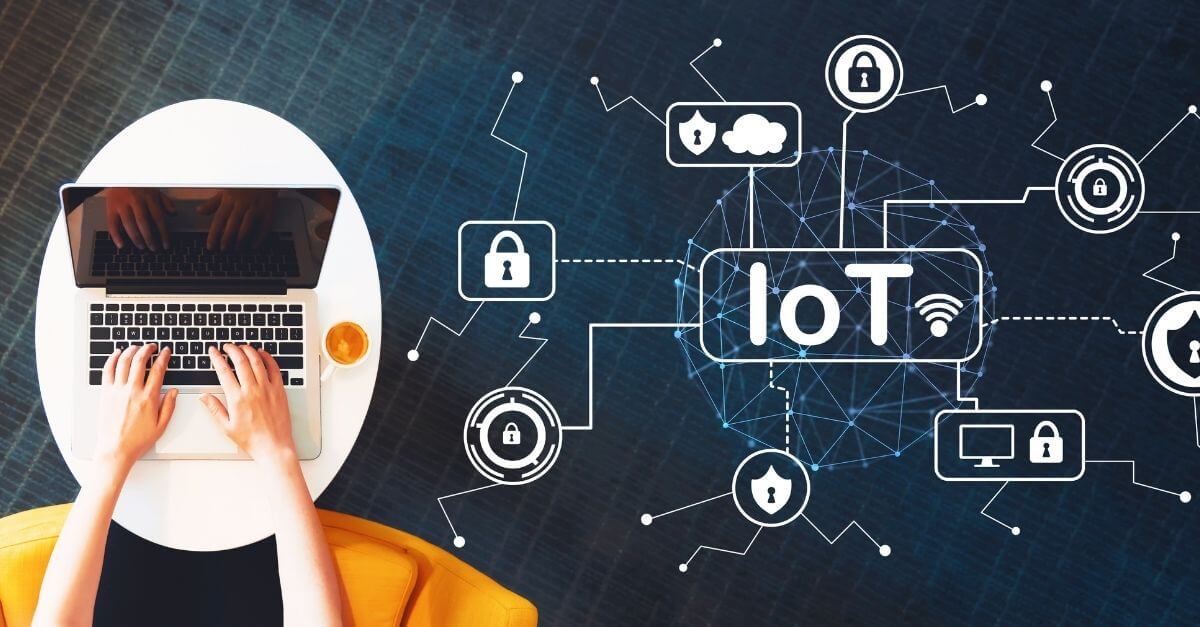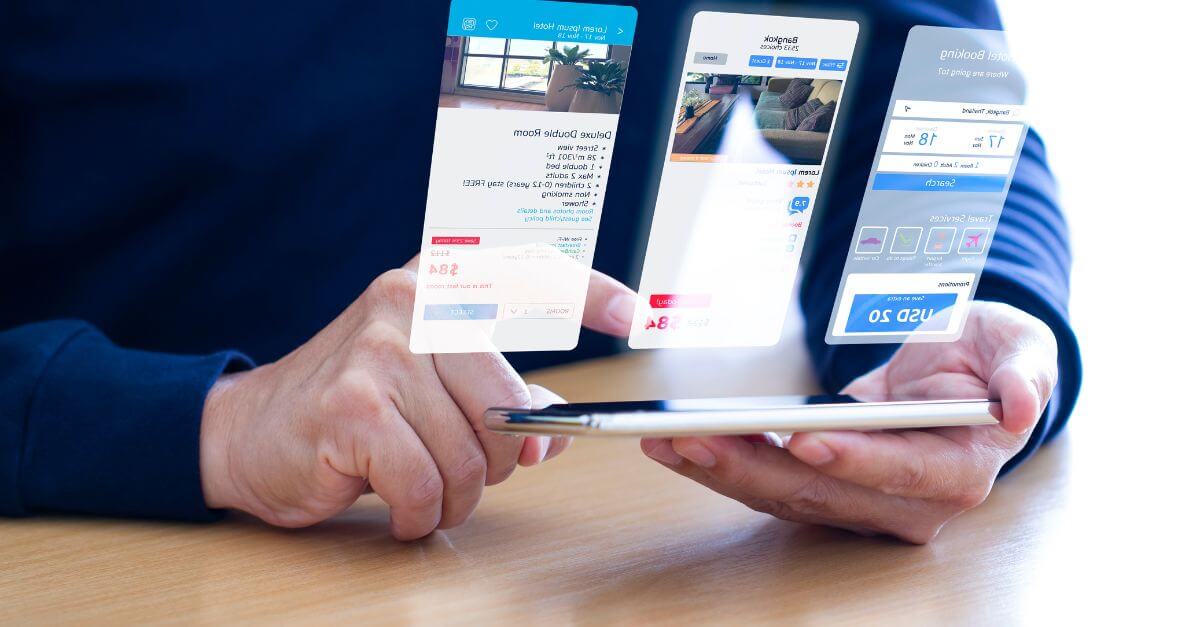IoT data: the source of gold for businesses

The power of data is an growing tool for any type of business that is looking for strategies to improve their bottom line. IoT data can provide valuable insights to optimise processes, improve customer experience and generate new business opportunities across different industries and contexts. However, there are also challenges and risks associated with the use of IoT data, such as security, integration or training. Therefore, in this article we will delve deeply into data analysis and artificial intelligence as business improvement options.
What is IoT data?
Digital transformation is causing users increasingly have more and more devices connected to a network, known as the Internet of Things. In the home, more and more Internet-connected devices are becoming part of the Internet of Things. Some of the most common are smart TVs, smartphones, computers and tablets. Other less widespread devices, but which can also be connected to the Internet, are intelligent robots or game consoles. This whole set of devices brings together a large volume of data that has become a source of gold for any kind of company.
At the household level, consumers can use all this machinery to make their daily lives easier. For example, a smart fridge can have sensors, cameras and applications that allow it to detect the food inside, send notifications to the user about its condition or expiry date, suggest recipes or order online. This improves food utilisation and avoids waste.
In this sense, at Pasiona we carry out the development of mobile applications. Having an app that is thought out, planned and designed according to best practice allows the end consumer to get the most out of any product or service. For the enterprise, it will also be able to aggregate all IoT data as much as possible and use it as a reference for decision making.
Why is IoT data so valuable?
We live in a world increasingly dominated by data-driven strategies. Data is what justifies any kind of investment, strategy or action within an organisation. They also provide a great deal of information about our consumers or potential customers. In this sense, we can obtain all kinds of demographic data such as gender, age range or purchasing power.
Additionally, we will learn about hobbies and type of lifestyle. This is what is known in marketing as a buyer persona. Through this profile we can perfect any type of product or service that we want to launch on the market, as well as scale it up.
Sales or brand positioning actions must also be justified according to the type of customer we are targeting. For example, if our target is young people, we will use much more casual language. On the other hand, if we address older people, we will be more formal. Cross-selling or loyalty selling strategies will also be geared according to this paradigm.
How to collect IoT data
Currently, there are different possibilities that a company can use to collect data of interest over time. One of the most common is the creation of an infrastructure consisting of sensors and objects of all kinds that are connected to the Internet. It can even be classified and analysed in real time.
However, the wearable allows you to get to grips with all this information without the need for sensors in the office. For example, through a bricklayer’s helmet, a sensor could measure what temperature it is doing in the environment. These data could be very useful for the design of an occupational risk prevention policy. In the hottest months, it would make it possible to know the hours of greatest risk.
Having all this data stored and organised in an IoT-friendly database that can handle the large volume and variety of data makes work easier and reduces operational costs. However, choosing the most appropriate database depends on the characteristics and objectives of each project. For this reason, it is well worth the investment in a database according to the company’s needs.
How to analyse IoT data
Once we have all the data, further analysis is equally or even more important than the previous phase. At this point, different technologies such as machine learning or artificial intelligence are applied to analyze and extract value from all this information. These technologies can take advantage of cloud computing, which offers flexible and scalable computing resources over the Internet. In this way, the different teams have all the means at their disposal to take the decisions they deem necessary.
Knowing the best-selling or most profitable products allows the logistics team to plan production and stock management. It should not be forgotten that having unsold goods in stock generates a fixed cost that can be saved and that has a direct impact on the final profitability.
At Pasiona we have extensive experience in the use of artificial intelligence in direct business applications. In this way, our knowledge is very important to maximise the performance of any company.
How to use IoT data to improve your business if you are looking to improve your business, IoT data can be of great help to us. Some of the applications we can take advantage of are the following:
1. Improve decision-making
The fast pace to which most organisations are subjected forces you to make decisions quickly. Failure to have the data correctly classified may lead to errors.
In this sense, the Internet of Things can be a great ally to minimise problems and, above all, maximise performance.
2. Automate tasks in the organisation
On the other hand, one of the most precious resources of any company is its human capital; Therefore, IoT allows many tasks to be automated, something very relevant for businesses with a smaller budget.
In this way, people can dedicate themselves to doing value-added work that improves the company’s results in the medium and long term.
3. Reduce company costs
On many occasions, we can become obsessed with selling more as the only option for scaling a business. However, by reducing the company’s costs, we also increase the level of profitability achieved.
In conclusion, today IoT data is a real source of gold for any type of business. In this sense, it is worth investing resources in order to get all this information properly classified and to make decisions. At Pasiona we have extensive experience in the development and implementation of solutions based on machine learning and artificial intelligence. We have worked with clients from various sectors and have achieved successful and recognised results.
artificial intelligence, automation, Cost Reduction, decision making, Digital Transformation, Golden Fountain, Internet of Things, IoT data, machine learning, pasiona
Go back



